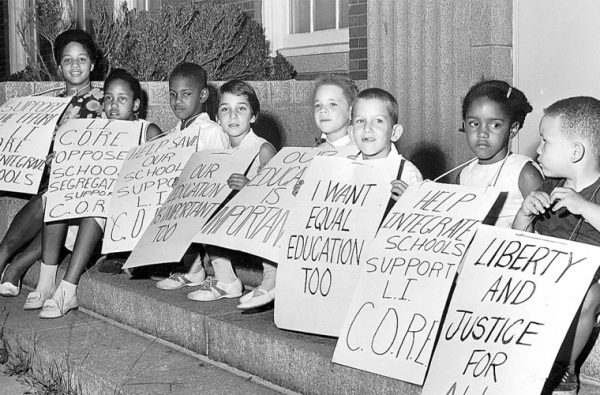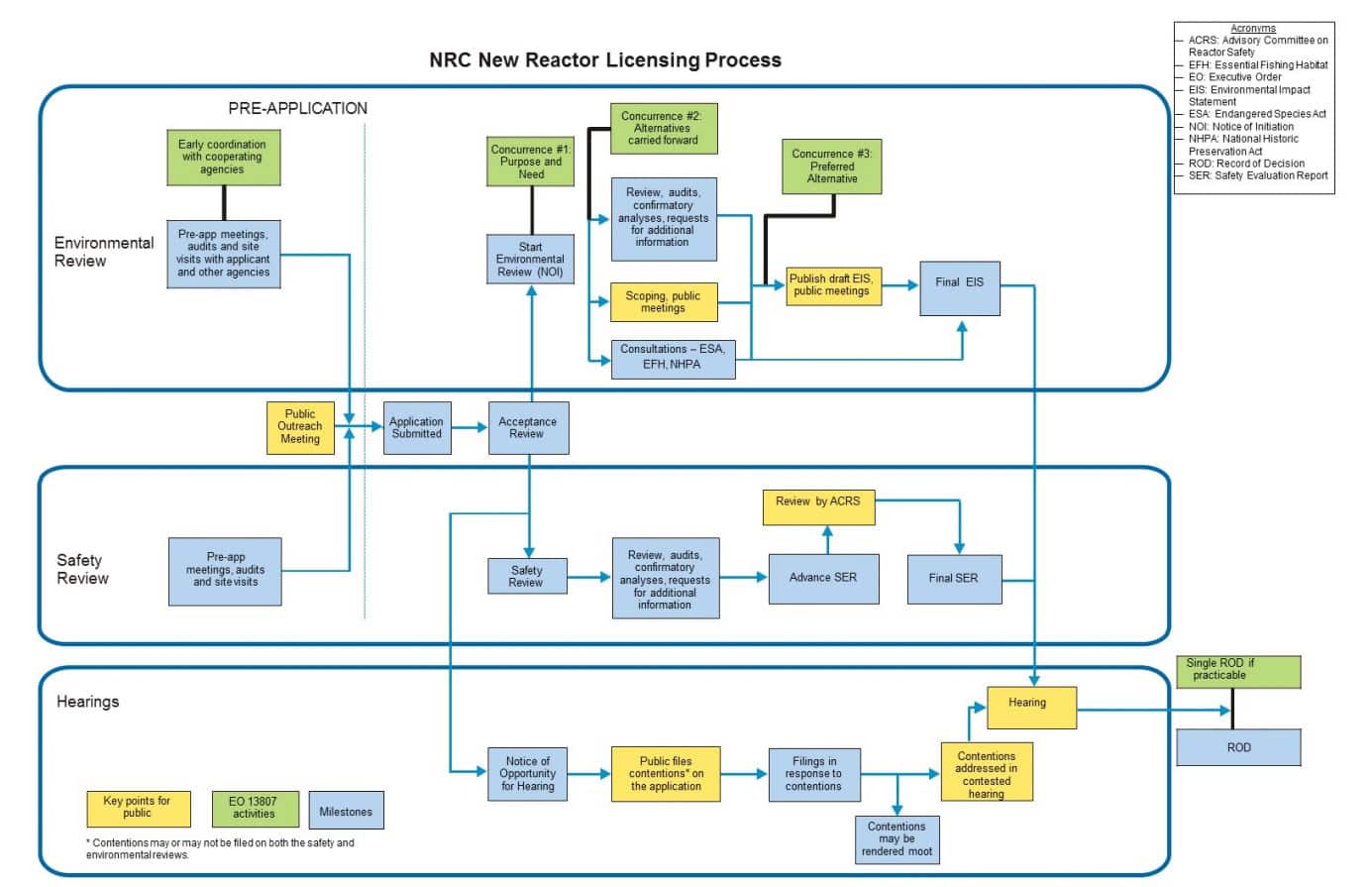More School Desegregation Orders Expected To End Following DOJ Action

Table of Contents
The Department of Justice's Role in School Desegregation
The DOJ has historically played a pivotal role in enforcing school desegregation orders following the landmark Brown v. Board of Education Supreme Court decision in 1954. For decades, the department actively intervened in cases of school segregation, filing lawsuits, monitoring compliance, and ensuring that districts fulfilled their obligations to achieve unitary status – a state where the vestiges of past segregation are eliminated. This involved overseeing busing programs, redrawing school attendance zones, and implementing other measures to achieve racial balance.
However, under the current administration, a noticeable shift in DOJ policy regarding school desegregation has emerged. The department is now prioritizing the termination of existing desegregation orders, arguing that many districts have achieved sufficient progress to warrant release from court supervision.
-
Specific Examples of Recent DOJ Actions: The DOJ has recently filed motions to terminate desegregation orders in several school districts across the country, citing evidence of successful integration efforts. These actions often involve detailed assessments of student demographics, school assignments, and the overall educational environment.
-
Criteria for Unitary Status: The DOJ’s determination of readiness for unitary status relies on several key criteria, including the elimination of racial disparities in school facilities, staffing, and programs; the achievement of racial balance in student enrollment; and the demonstration of a sustained commitment to equitable educational practices. However, critics argue that these criteria are not stringent enough to guarantee lasting integration.
-
Legal Arguments Supporting the DOJ's Approach: The DOJ's legal arguments often center on the claim that continued court supervision is no longer necessary, as districts have demonstrably met their obligations under previous desegregation orders. They contend that continued oversight hinders local control and may even be counterproductive to achieving lasting racial harmony in education.
Impact on Affected School Districts
The ending of desegregation orders presents both opportunities and challenges for affected school districts. For decades, these districts have operated under the constraints and oversight of court-ordered desegregation plans, often incurring significant costs and administrative burdens.
-
Financial Implications: The termination of desegregation orders can lead to a loss of federal funding that was previously earmarked for integration efforts. This loss of funding can severely impact a district's ability to maintain programs and initiatives designed to promote racial equality and educational equity.
-
Impact on Student Demographics and Re-segregation: A major concern is the potential for re-segregation. The removal of court-ordered integration measures could lead to a return to racially isolated schools, particularly if underlying socioeconomic disparities remain unaddressed. This could exacerbate existing achievement gaps and perpetuate educational inequality.
-
Teacher and Staff Diversity: The impact on teacher and staff diversity needs to be considered. Court-ordered desegregation plans have, in many cases, contributed to a more diverse teaching force. The ending of these plans raises concerns about the potential for a decline in diversity among educators.
-
Increased Racial Disparities in Educational Outcomes: There’s a significant risk that lifting desegregation orders could lead to a widening of the racial achievement gap. Without continued intervention and support, historically disadvantaged students may experience a decline in educational opportunities and outcomes.
The Ongoing Debate Surrounding School Integration
The decision to end court-ordered desegregation is not without its critics. The ongoing debate highlights fundamental disagreements about the effectiveness of past integration efforts and the best path forward for achieving racial equality in education.
-
Arguments For and Against Ending Court-Ordered Desegregation: Proponents argue that continued court supervision is no longer necessary and that local control should be prioritized. They believe that districts have made sufficient progress and that resources should be redirected towards other pressing educational needs. Critics, on the other hand, argue that ending desegregation orders prematurely risks reversing hard-won gains and exacerbating racial disparities. They highlight the enduring legacy of segregation and the need for continued vigilance in ensuring equitable educational opportunities for all students.
-
Differing Perspectives on the Effectiveness of Past Desegregation Efforts: There is no single, universally accepted assessment of the effectiveness of past desegregation efforts. Some studies have shown positive impacts on academic achievement for minority students, while others have found more limited effects. This disagreement further complicates the decision to end court oversight.
-
Socioeconomic Factors and School Segregation: The debate also acknowledges the significant role of socioeconomic factors in perpetuating school segregation. Even in the absence of explicit racial discrimination, disparities in housing, income, and access to resources often lead to de facto segregation.
The Future of School Integration Strategies
Moving forward, alternative strategies are needed to address the persistent challenge of school segregation and promote equitable educational opportunities for all students.
-
Innovative Approaches: This includes exploring school choice programs designed to promote diversity, investing in high-quality schools in underserved communities, and implementing targeted interventions to address learning disparities.
-
Community Involvement: Fostering community engagement is paramount. Local partnerships between schools, parents, and community organizations can play a crucial role in creating more inclusive and equitable learning environments.
-
Addressing Systemic Inequities: Finally, confronting systemic inequities within schools is essential. This requires addressing issues such as teacher quality, resource allocation, and disciplinary practices that disproportionately affect students of color.
Conclusion
The termination of school desegregation orders represents a pivotal moment in the ongoing struggle for racial equality in education. While the DOJ's actions may reflect a belief that many districts have achieved sufficient progress, concerns remain about the potential for re-segregation and the widening of achievement gaps. The key takeaways highlight the complex interplay between legal mandates, local control, and the enduring challenge of achieving genuine school integration. Continued vigilance and advocacy are essential to ensure that all students, regardless of race or socioeconomic background, have access to high-quality education. Stay informed about developments in school desegregation and get involved in promoting school integration initiatives in your community. Learn more about the ongoing debate surrounding school desegregation and how you can contribute to the fight for equal access to education. The pursuit of equitable educational opportunities for all students demands our continued commitment and active engagement.

Featured Posts
-
 South Koreas Supreme Court Reverses Lees Acquittal Jeopardizing Presidential Bid
May 02, 2025
South Koreas Supreme Court Reverses Lees Acquittal Jeopardizing Presidential Bid
May 02, 2025 -
 School Desegregation The End Of An Era Examining The Dojs Decision
May 02, 2025
School Desegregation The End Of An Era Examining The Dojs Decision
May 02, 2025 -
 Nrc Reactor Power Uprate Timeline Requirements And Best Practices
May 02, 2025
Nrc Reactor Power Uprate Timeline Requirements And Best Practices
May 02, 2025 -
 Bila Je Prva Ljubav Zdravka Colica Razlozi Za Udavanje
May 02, 2025
Bila Je Prva Ljubav Zdravka Colica Razlozi Za Udavanje
May 02, 2025 -
 Scotland In The Six Nations 2025 Overachievers Or A Realistic Assessment
May 02, 2025
Scotland In The Six Nations 2025 Overachievers Or A Realistic Assessment
May 02, 2025
Latest Posts
-
 Visite Du Vatican L Echange Houleux Entre Trump Et Macron
May 03, 2025
Visite Du Vatican L Echange Houleux Entre Trump Et Macron
May 03, 2025 -
 Trump A Macron Au Vatican Tu Ne Devrais Pas Etre Ici
May 03, 2025
Trump A Macron Au Vatican Tu Ne Devrais Pas Etre Ici
May 03, 2025 -
 Le Vatican Temoin D Une Dispute Entre Trump Et Macron
May 03, 2025
Le Vatican Temoin D Une Dispute Entre Trump Et Macron
May 03, 2025 -
 Le Patriotisme Economique De Macron Face Au Defi De L Intelligence Artificielle
May 03, 2025
Le Patriotisme Economique De Macron Face Au Defi De L Intelligence Artificielle
May 03, 2025 -
 Le Discours De Macron Sur La Francafrique Analyse Et Perspectives
May 03, 2025
Le Discours De Macron Sur La Francafrique Analyse Et Perspectives
May 03, 2025
